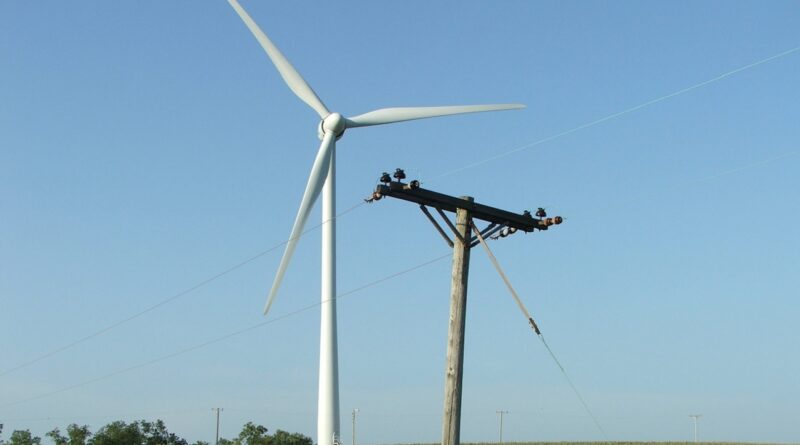Last Chance for a Clean Energy Deal in Illinois?
Podcast: Play in new window | Download (Duration: 2:02:04 — 58.6MB)
Subscribe: Apple Podcasts | Spotify | Android | iHeartRadio | Podchaser | Email | TuneIn | RSS | More
(August 29, 2021) Illinois was on the right track. 2021 was going to be the year. The state came into the spring session ready to pass comprehensive clean energy legislation. That would get Illinois to 100% clean energy by 2050. It promised union jobs and social justice. It would rescue solar energy projects. Then it all fell apart. The deal collapsed. The solar industry took a hit. Now, the General Assembly returns for a special session. Can legislators get the job done? What happened in May? Is this the last chance for a clean energy deal in Illinois?
In the spring, reports touted the coming agreement. Words like “ambitious,” “Midwest energy leader,” and “one of the greenest states” appeared in stories. But there were many players and trouble lurked. Several different proposals competed for attention. They included the Clean Energy Jobs Act, the Consumers and Climate First Act, and the Path to 100. Ultimately, a bill that would allow coal-fired plants to operate until 2035 and gas powered-plants to 2045 emerged. It would also bail out three nuclear plants to the tune of about $700 million.
Fossil fuel trouble
However, at the last second, the Prairie State coal plant in southern Illinois and Springfield CWLP’s Dallman station emerged as a sticking points. Suddenly, environmental and union groups began pointing fingers over decarbonization and prevailing wage issues. That stopped the negotiations dead in their tracks. Some folks thought legislators would come back quickly to pass the bill. Instead, we’re now at the end of August.
Recently, the Illinois Clean Jobs Coalition drew a line in the sand. First, they wrote a letter to Governor J.B. Pritzker and the Illinois General Assembly outlining their position. Then, they followed up with a piece they titled, “Zero Means Zero.”
The Illinois Clean Jobs Coalition cannot support anything less than zero emissions in the power sector by a date certain, as many other states already require by 2040 or 2045, and President Biden has proposed to achieve by 2035.
This is the bare minimum of what science tells us is necessary to preserve a livable climate.
Pro-fossil fuel interests have been pushing loopholes recently that would allow fossil fuel power plants to continue to operate and pollute indefinitely, such as capturing less than 100% percent of carbon emissions, or allowing fossil fuel companies to plant trees to “offset” their pollution instead of reducing it. “Zero emissions” means zero emissions, not loopholes and half-measures.
One of the groups in the Illinois Clean Jobs Coalition is the Natural Resources Defense Council (NRDC). J.C. Kibbey is NRDC Illinois Clean Energy Advocate. He brings his experience helping to negotiate this tricky but important bill to today’s show. He visited us last year. Lisa Albrecht joins him today. Lisa is a board member of the Illinois Solar Energy Association and owner of All Bright Solar. In full disclosure, she is also a former co-host of this program.
The nuclear option
BTW, Lisa predicted the dire situation for the solar industry when she was on our show in December. But another person who views the last chance warily is Dave Kraft, founder and director of the Nuclear Energy Information Service (NEIS). Earlier, I wrote about the bailout for Exelon’s nuclear plants in Illinois. Kraft doesn’t mince words about that deal.
Legislators should oppose Exelon’s current $700 million nuclear ransom demand. You can’t build an energy future by bailing out the past.
In fact, NEIS reports on how 240 organizations just sent a letter to Congress, telling it to reject all proposals in infrastructure bills that subsidize nuclear energy, He couldn’t be clearer about his position.
The future of our planet is at stake. This is indeed our last chance. Not necessarily just in Illinois, but worldwide. I don’t know what will come from Springfield this week. But we need clean energy. Now. The world is watching. Tune in. Or catch the replay on YouTube or your favorite podcast provider.

